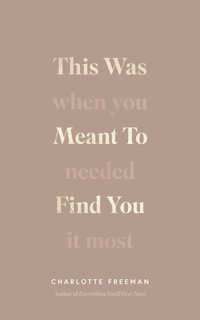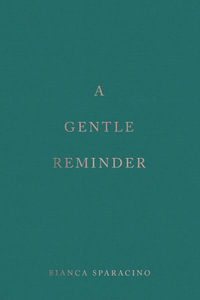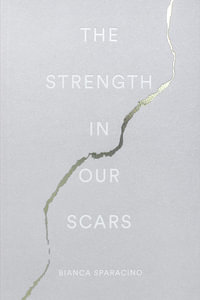Book I of ?The Canticles? puts into dialogue ? as dramatic monologues ? those who fostered the transatlantic slave trade, or who demonized the image of the Negro in the Occident; as well as those who struggled for liberation and/or anti-racism. In this work, Dante can critique Christopher Columbus and Frederick Douglass can upbraid Abraham Lincoln; Elizabeth Barrett Browning can muse on her African racial heritage and its implications for child-bearing, while Karl Marx can excoriate Queen Victoria. Book II will focus on Black folk readings of Scripture, Hebrew and Greek, with a few other religious texts canvassed too. Book III will narrate the rise of the African Baptist Association of Nova Scotia.
Industry Reviews
"If you want to read poems that just about sing themselves free of the page, read George Elliott Clarke. His ear is tuned to the forms and frequencies of history; the sound and syntax of humanity. No other North American poet writes with his majestic euphony." -- Terrance Hayes "Here is Poundian melopoeia at it finest." -- Marjorie Perloff "Compendious and baroque, George Elliott Clarkes beautiful writing is nevertheless unafraid to grapple with its own demons. The Canticles are an astonishing excavation of myth, history and identity: and they are unlike anything else being written today. Erudite, musical and passionate, they challenge and sometimes terrify, even as they console us by continually evoking the theatricality and splendour of the physical world." -- Fiona Sampson "In scintillating elegance, George Elliott Clarke conjures the dead to speak to the living in a modernist work that deftly juxtaposes multiple perspectives of the Hegelian master-slave dialectic. Clarkes insightful poetry provides a unified version of a history laden with its accumulation of bodies and objects carted from Africa to Europe and onto the New World." -- Nandi Odhiambo, Professor at University of Hawaii, West Oahu "Canticles is George Elliott Clarkes most textured work to date. Like Virgil guiding Dante, Clarke guides us deep into the dark echo chamber of history where he remixes an epic catalogue of multicultural voices from Hannibal to Harriet Moses Tubman. Weaving these voices together, like bards of yesteryear churning raw material into epic song, Clarke plays the role of a chameleon poet inking a brutal lyricism onto the page. These canticles abound with polyphony: Clarke echoes slave and imperialist debates that stretch back to Cleopatra, provides new voice to Marie-Josephe Angelique and Phillis Wheatley, and revises and reworks history with the powers of a firebrand poet in full control of his craft. As spirited and incendiary as Ezra Pounds querulous Cantos, Canticles is a manifesto that tells us -- howling, screeching, testifying, rhyming -- that poetry makes things happen, and that it has as much to tell us as ever." -- Paul Watkins
























